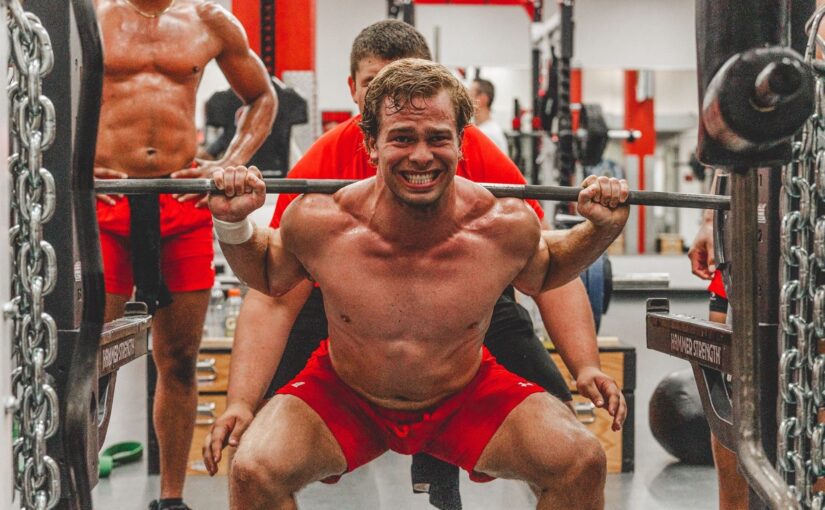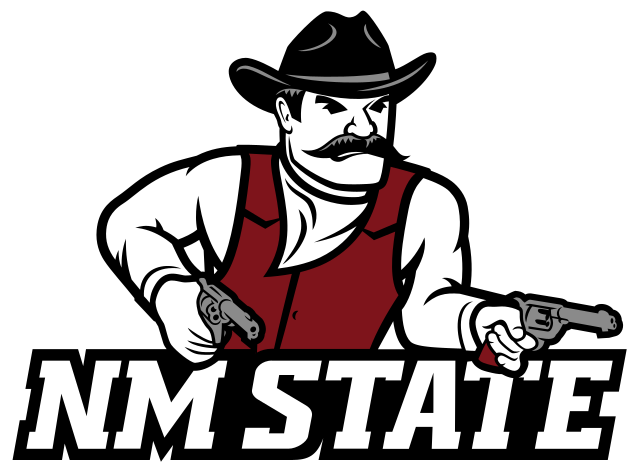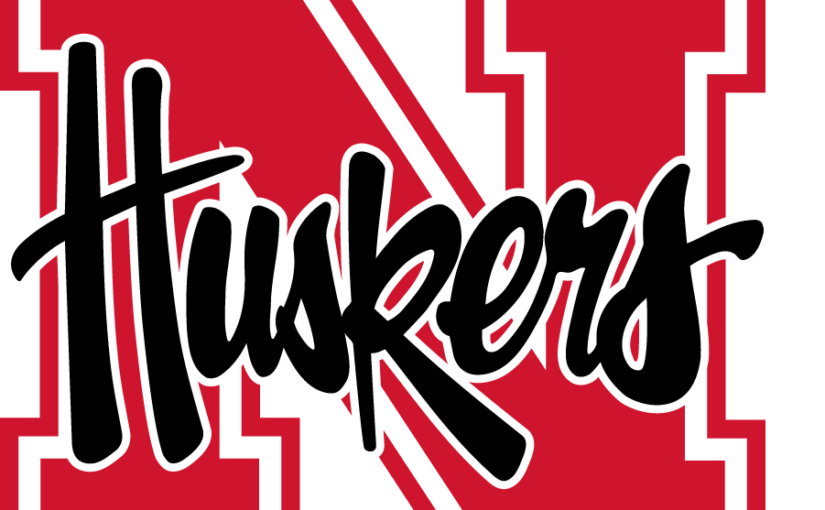Your Voice: Rutgers
The following is a supplement to the May/June 2013 issue, which featured answers from a recent Coach And Athletic Director survey.
In April, Rutgers University men’s basketball coach Mike Rice was fired after a video released to the public revealed abusive behavior and language used during his practices. Rice was suspended and fined in late 2012 for his actions, but public outrage led to his ouster. Athletic Director Tim Pernetti and one of Rice’s assistants resigned shortly after.
The situation divided those who believe Rice didn’t deserve to be fired and those who contend the university didn’t go far enough. Coach And Athletic Director conducted a survey of more than 1,900 readers about the Rutgers dilemma. Here are the results along with some responses.1. Do you feel that the $50,000 fine and three-game suspension was an appropriate punishment for Rice’s abusive actions as witnessed by Pernetti?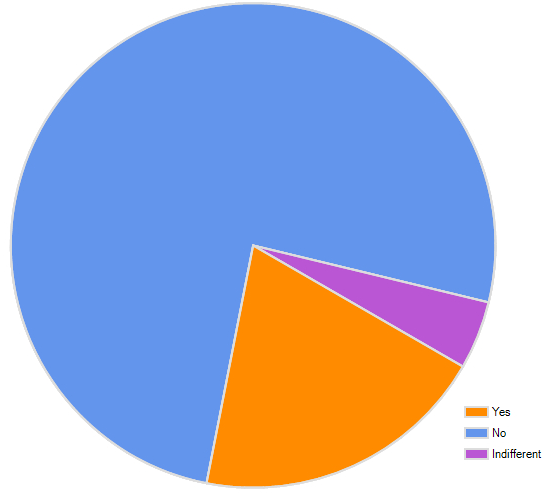
“Action needed to be taken, and if the university felt that they had taken appropriate action, they should stand behind that action. With that said, I do believe, based on the video, that termination would have been more appropriate. I also realize the video is only one piece of the puzzle.”
“If Pernetti saw that video when the incident first happened, he should have met with the university president and Board of Trustees and decided Rice’s fate at that time. If they enforced a suspension and fine after watching the same video, then they all should be fired.”
“I do not know enough about the entire story to fully understand if this was enough. If the abusive actions continued to take place since last year, then clearly they were not enough.”
“If the athletic director is the ‘coach’ for all athletic departments and if the job of coaches is to have players learn from their mistakes to become better, then he acted accordingly.”
“He should have been fired at that time. Each of those acts warrants some major suspension. All three (physical, verbal and throwing) are grounds for dismissal.”
“There really is no place for the AD’s lack of oversight and then offering this as an arbitrary punishment, especially since the university was trying to make the story disappear in order to gain entrance to the Big Ten conference.”
“Completive coaches are dying breed. Not every coach does it the same way. Everybody wants to win but nobody wants to do what it takes. Demanding excellence is not a sin and the desire for greatness is no sin either. What would be said of this in 1950? Not a dang thing because people were tough.”
“What he did was completely wrong and undefendable. Coaches and teachers are supposed to lead by example. They are coaching a game so it is not life and death (although the media has made it that way).”
“He needed to be fired within the hour and security needed to escort him off campus after his five-minute termination meeting.”
“I do think that using the suspension to get him counseling and rehab was a good idea. Better then cutting ties instantly and then he never gets the help he needs.”
2. Since Rice served his punishment and attempted rehabilitation to control his behavior, was it fair and just to move forward with his termination?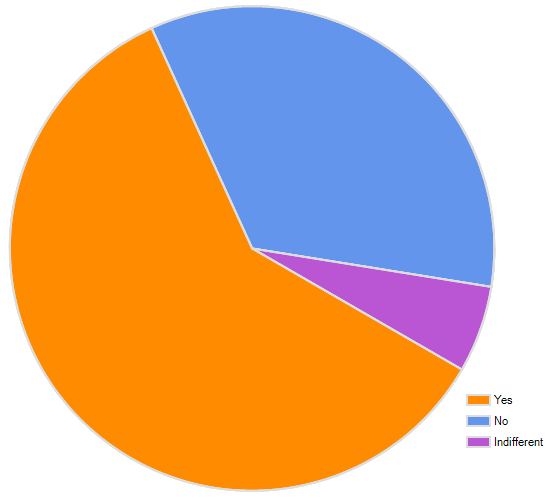
“He served the punishment the school deemed appropriate, so he shouldn’t be punished again. It’s just a shame that the university saw a suspension and fine was a fitting punishment.”
“Rutgers made a poor decision to try and rehabilitate a coach instead of making sure the student-athletes of the basketball team were participating in a wholesome environment, absent of physical and emotional abuse.”
“If that was the agreed upon punishment then it should be followed. Public pressure should not influence decisions otherwise no coach’s job would be safe. There is always someone who will see things differently.”
“He clearly did not uphold a moral and ethical approach to his responsibilities as coach and did so for an extended period of time. In a high school environment, he would be terminated immediately. I do not see how this is any different. In this case, the administration should be held accountable for a less than adequate improvement plan.”
“If another incident would have occurred after his punishment, then removal would be appropriate. Otherwise, this removal was not warranted.”
“He only served the time that was given, but it was fair time. He wasn’t in jail. It’s not like it’s double jeopardy. He’s a criminal for putting his hands on players.”
“Merely suspending to someone who exhibits abhorrent behavior does not exonerate the actions. This form of institutional crisis management is what lead to the Penn State scandal and is unfortunately all too common in big money/high profile college athletics.”
The university made a poor decision to try and rehabilitate a coach instead of making sure the student-athletes of the men’s basketball team were participating in a wholesome environment, absent of physical and emotional abuse.”
“Rice’s practices should have been monitored by school officials after serving his punishment. His termination should have happened before the media was involved.”
“Obviously his attempt to control his behavioral issues was for naught. Additionally, his ‘mini-me’ assistant should have been terminated as well.”
3. Do you feel that Rice would have been terminated if it weren’t for the public viewing of the video that displayed his conduct?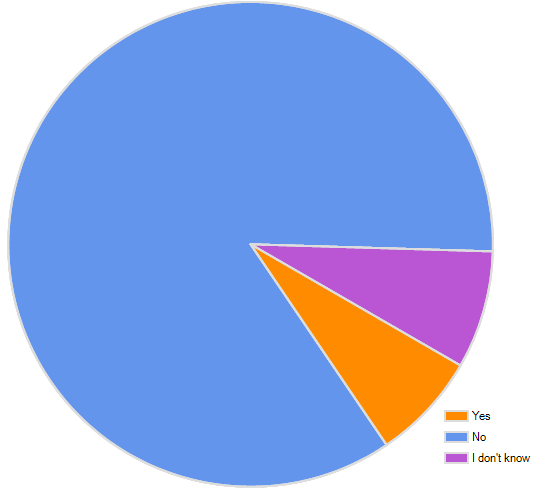
“It would have been swept under the rug had the video not gone viral. He used his position to act as a thug. He deserved to be let go.”
“The administration did not fire him and did not plan on firing him. The only thing that got him fired is the public outcry on social media.”
“Bob Knight was much worse, but it took years to get rid of him because he was so successful. It is much harder to fire someone than it is to hire them.”
“The university came under fire with the release of the video. However, we live in an ‘instant’ world now where everything is subject to video. If you don’t want it recorded you better not do it.”
“It would have been swept under the rug had the video not gone viral. He used his position to act as a thug. He deserved to be let go.”
“This is why he should have been fired in the first place. If things were this bad, he shouldn’t be coaching.”
“No school wants a blemish on its reputation so wrongly they sweep a lot of that under the rug.”
“Weak administrators should have fired him before. Tells you a lot about Rutgers.”
“Media fueled the public outcry, It is obvious that Rutgers was set on a different path until the video surfaced and then the university had no choice. For an example, see Joe Paterno.”
“Like all people who knowingly carry out actions that are simply wrong (or illegal) they just got caught and had to cover their own jobs.”
4. Do you feel that Pernetti should be terminated for not firing Rice earlier or for other reasons?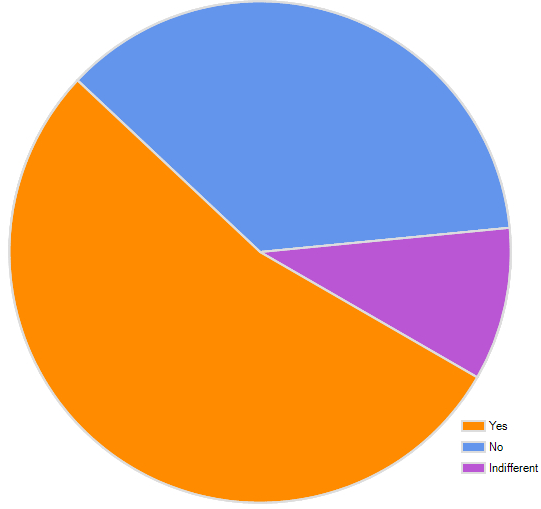
“I’m not sure termination is appropriate. What is the university policy Pernetti must adhere to? Is this a case where Pernetti followed protocol to a failed policy? Regardless, there is a moral obligation required at all levels.”
“Pernetti only should have been terminated if the whole administration, president included, had been let go. Pernetti is the scapegoat after he followed the advice and urging of his superiors.”
“I don’t know all of the facts. But public leadership is a high-profile position. Hiring decisions are critical. He probably did not do enough of a background investigation of Rice initially. I only can imagine what his private life was like. Personal anger counseling probably should have been required.”
“Was it Pernetti’s call? The president’s call or the board of directors’ call? The president really looked bad in his interview. He should be aware of what’s going on at his school.”
“Not sure what went on behind closed doors. Many things are not an AD’s fault but it is however their responsibility.”
“The president should be the one fired. When a member of your team comes with a concern, the leader should have at least watched the video so he/she can make a good, wise decision.”
“The entire Rutger’s administration should be fired for its contributions to a culture that glorifies the almighty dollar and not the health, safety and welfare of its students.”
“I don’t know enough about his actions. I find it hard to believe they didn’t fire him immediately. Secondly, if his superiors truly did disagree with his decision to let Rice go, those above him should have been firednot Pernetti.”
“It depends whether he shared his findings and recommendations with the president. If he did, then he did what he was supposed to.”
“It is his responsibility to protect the athletes. I appreciate he was trying to help Rice, but maybe a better way to go about it would have been to suspend Rice until he got himself fit to be with his athletes.”
5. As a coach or athletic administrator, does the public eye influence the decisions you make regarding your school or athletic programs?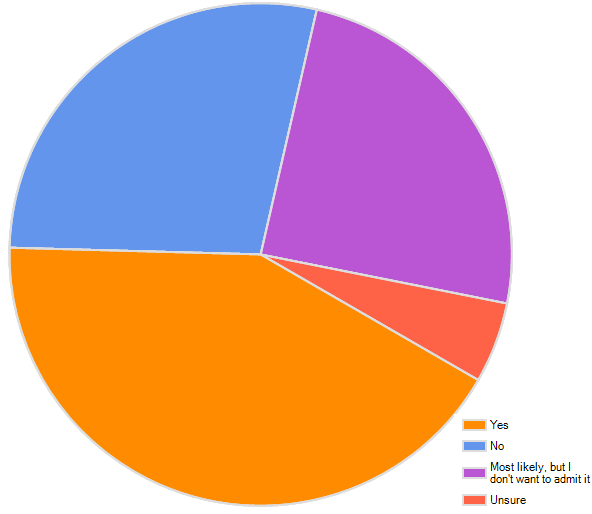
“Your decision-making must include sound ethical and moral judgment, with the well being of the children in mind. The eyes of the crowd merely remind us to do the right thing.”
“Unfortunately, it does. Since we are in the public eye, our actions are evident to all. Accountability is a necessary evil if you want to live in the public arena. It’s too bad that many do not see the value of mentorship and accountability on personal and professional level.”
“I am constantly aware our reputation is held in the community. As a college athletics program, our players and I need to remain a positive role model for community members.”
“I don’t do anything that would cause me to worry about the public. We are in the open all the time, and the public has full view of our practices and procedures.”
“My own moral convictions are strong enough to supersede the public eye. I’m much more strict and straightforward than the public. Plus, you never want to get into the kneejerk-reaction business.”
“The public or taxpayers are the ones paying and voting on what is happening in schools.”
“Politics, funding and image are all a part of the considerations for what we do within our program, caveat, when it comes to things like this particular topic. If we’re talking about coaching performance, personnel issues and the like, it has to be taken into account. When it comes to playing the game, being competitive, no. Those decisions are not influenced by the public eye. Those decisions are made solely on performance, ability, talent and character.”
“The public eye should not influence your decisions. You need to show character and be consistent. Otherwise, you end up with coaches like Jerry Sandusky and Mike Rice, who have just not been caught yet. Regardless of the sport, these are still kids, and you are supposed to represent the best of yourself in order for them to follow your lead.”
“Public perception is something that I try to consider before making a decision. I also try not to be over-reactionary to public perception once a decision has been made.”
“We are servants of the college community, the athletes we recruit, their parents and the student body at large. We must be trustworthy, dependable and serve with integrity.”
“You try as hard as you can to not let outside influences affect decisions made within your program, but with the media access to everything it is impossible not to think about that influence when making decisions. In my opinion, the public eye influence can be used as a checks and balance.”

